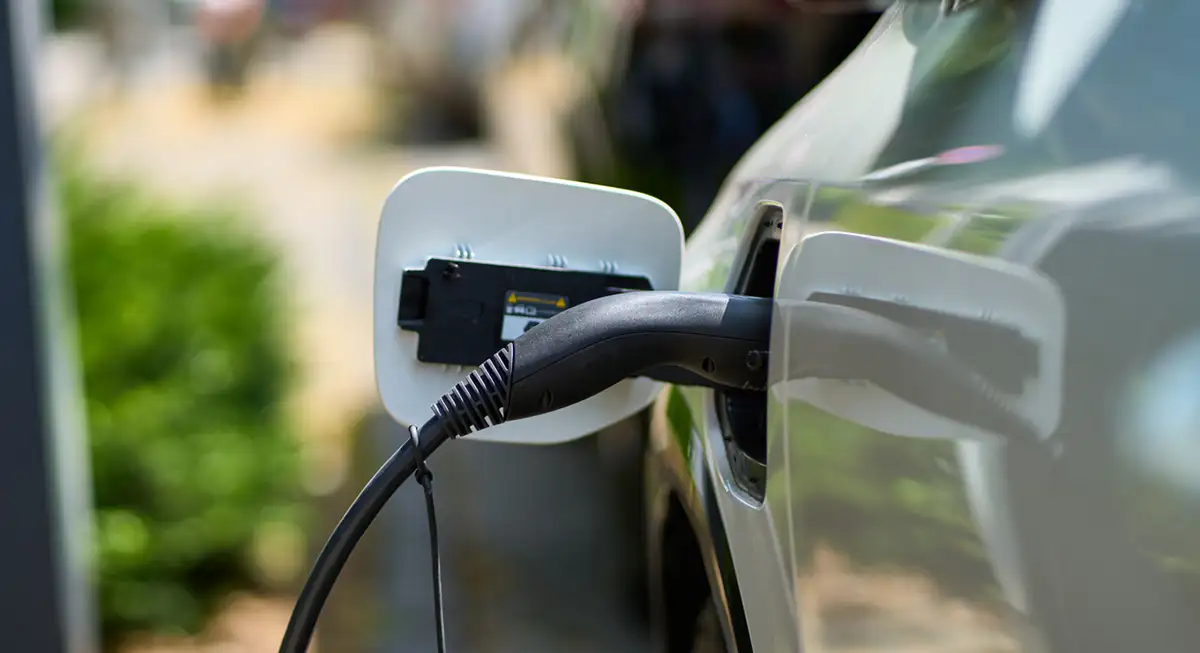
Powering the Capital: Hydro Ottawa Group Reports on Big Investments and Bigger Demand
This week at Ottawa City Council, the Annual General Meetings for Hydro Ottawa—recently rebranded as Hydro Ottawa Group, shed light on major milestones, green energy progress, and future power demands.
Hydro Ottawa Group, wholly owned by the City of Ottawa, serves 372,000 customers and employs 750 people. As Board Chair Bernie Ash noted, it’s the largest municipally owned energy distributor in Ontario, comprising:
Hydro Ottawa – the 3rd largest municipal electricity distributor in Ontario
Portage – the province’s largest municipally owned green energy producer
Envari – providing energy solutions and infrastructure management
Hiboo – delivering high-speed fibre optic network services
Record Investments and Clean Energy Progress
In 2024, Hydro Ottawa made a record $160 million investment in its distribution grid—the largest in its history. The upgrades focused on improving reliability, expanding capacity, and connecting new customers. The utility also advanced work on electric vehicle charging infrastructure, installing over 400 EV chargers and supporting OC Transpo’s electrification efforts, including EV charging for upwards of 30 new zero-emission buses and the construction of a dedicated substation for OC Transpo.
Envari, the Group’s energy solutions arm, had a banner year with a 95% increase in revenue. Ash credited eased inflation, lower interest rates, and a year free of extreme weather events for the utility’s financial stability.
Hydro Ottawa Limited also paid $22.3 million in dividends to the City of Ottawa—the second highest in its history—and contributed nearly $740,000 to organizations such as the United Way and The Royal Ottawa through fundraising and sponsorships.
Leading on Green Innovation
President and CEO Bryce Conrad highlighted the company’s growing role as a community partner in major green infrastructure projects like, the Central Utility Plant that will provide low-carbon energy to power the the new Ottawa Hospital, a sewage energy exchange system to power future high-rises and retail space at LeBreton Flats, and a green energy resilience district that is being developed to power the Kanata North Business Park.
The Demand Surge
Conrad spoke frankly about the global energy transition, calling it a “structural shift” that’s driving up electricity demand at an unprecedented rate. He noted that Ottawa’s grid may need to double or even triple in the next 25 years to keep up.
To illustrate the energy needs of AI, he quipped: “A 5-second TikTok generated by AI uses as much power as running your microwave for an hour.”
He also said that requests for ‘large-load’ hook-ups in the next six years could represent three times the volume of the past 13 years. Ottawa used to build one new substation per year; according to Conrad, five are needed annually just to stay ahead.
Rates on the Rise
To fund these massive infrastructure demands, Hydro Ottawa submitted a 2026–2030 rate application to the Ontario Energy Board. If approved, it would result in a $6.08 increase per billing cycle starting in 2026. Conrad said public consultations showed 87% support for the increase, citing Hydro’s transparency about the need.
Tree Troubles and System Strain
During the Q&A, Conrad addressed system reliability concerns, noting that trees, not new development still cause most outages. He confirmed that satellite canopy mapping helps Hydro target problem areas, though lightning and high winds remain unpredictable.
Councillor Gower raised public concerns, blaming housing growth for straining the grid and causing recent outages. Conrad dismissed this, saying: “It’s not the new homes. It’s squirrels, tree branches, and bad drivers hitting poles.”
Council Praise and Questions
Councillors praised Hydro Ottawa’s leadership and innovation. Councillor Kavanagh thanked the utility for its Hiboo Wi-Fi partnership with Ottawa Community Housing and asked if the program could expand. Conrad replied that it’s scalable—“It’s just a matter of choosing the next properties.”
Councillor Brockington praised the utility’s diversification and strong management, while Mayor Sutcliffe thanked Conrad directly, noting that although the speed of building capacity isn’t always visible to residents, its economic impact is critical to the city’s future.
The Council meeting is available on YouTube. Click here to watch it in full.









